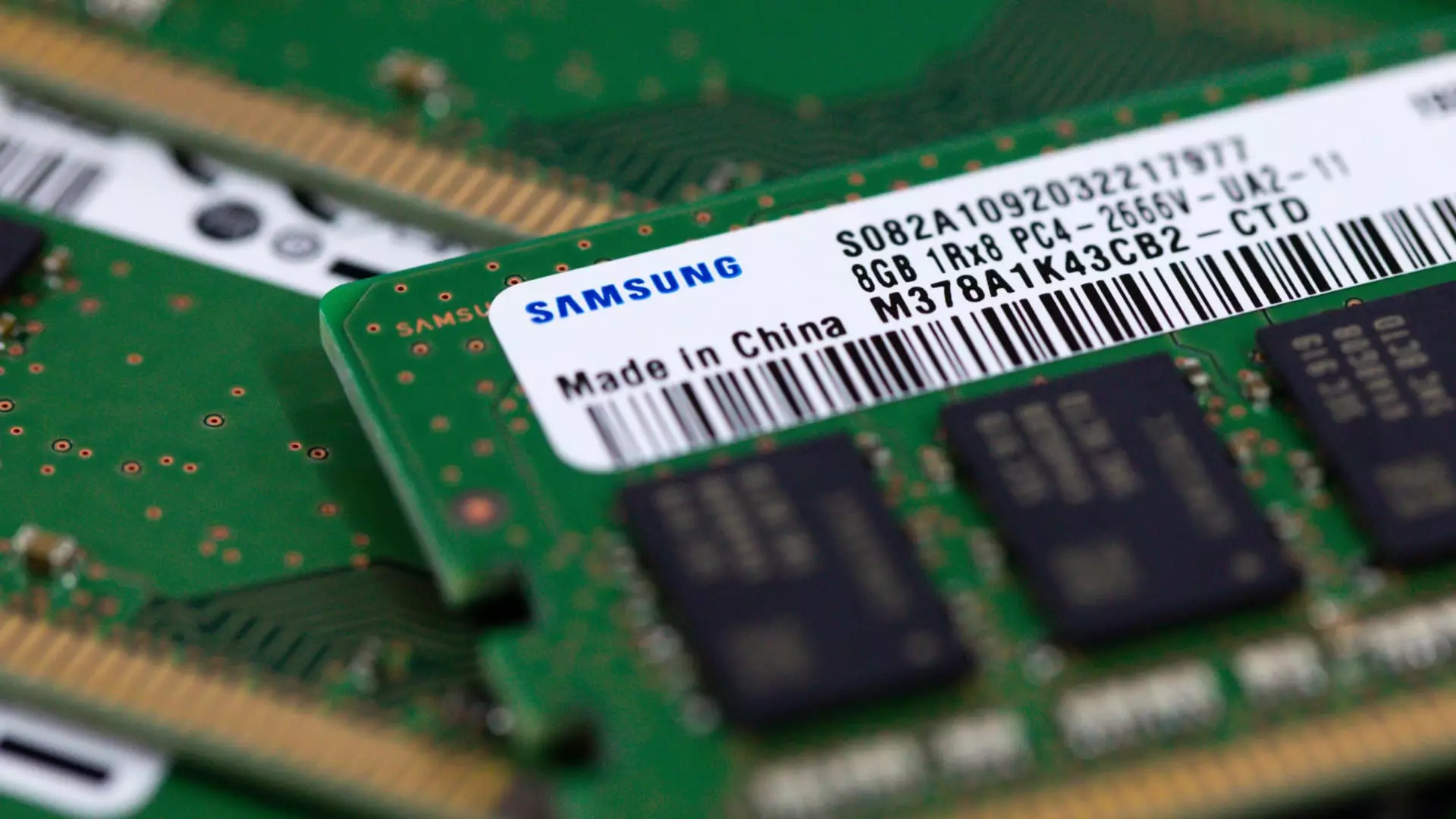Asian tech and semiconductor stocks experienced a notable decline on Thursday after Nvidia, a significant player in the global chip market, disclosed its second-quarter financial results. This downturn aligns with a broader downturn in key Asian markets, raising alarms among investors, particularly in companies closely associated with Nvidia’s operations. The reaction underscores the sensitivity of tech stocks to the performance of dominant players like Nvidia, revealing a ripple effect that can swiftly alter market dynamics.
The most substantial losses were observed among South Korean semiconductor manufacturers SK Hynix and Samsung Electronics. These firms, with their direct dependencies on Nvidia’s supply chain, saw their stock prices plummet — SK Hynix dropped by 6.74%, while Samsung Electronics experienced a decline of 3.8%. This substantial fluctuation highlights the intrinsic risk that smaller companies face as they navigate their relationships within larger supply chains. The less transparent relationship between Samsung and Nvidia not only raises questions about Samsung’s reliance on Nvidia’s success but also the potential implications for its market stability.
The impact of Nvidia’s results was not limited to South Korea. It reverberated through various tech sectors across Asia, albeit at a lesser degree. In Japan, semiconductor stocks such as Renesas, Advantest, and Tokyo Electron recorded losses ranging between 3.2% and 3.6%. Moreover, even unconnected Chinese chipmakers listed in Hong Kong faced declines; SMIC and Hua Hong Semiconductor saw shares decline by 1.4% and 1.66%, respectively. This indicates a broader market sentiment that associates Nvidia’s performance with the overall health of the semiconductor industry, regardless of direct business ties.
Analysts suggest that despite delivering robust earnings and surpassing revenue expectations, Nvidia’s stock decline stems from apprehensions surrounding its future growth trajectory. Luke Rahbari, CEO of Equity Armor Investments, pointed out the shifting expectations from investors who have grown accustomed to Nvidia’s repeated outperformance. Overconfidence in sustained extraordinary growth can lead to drastic reactions to any signs of slowing momentum, making companies like Nvidia particularly vulnerable to market shifts.
Rahbari’s analysis highlighted a critical paradox within Nvidia’s situation — while the company continues to dominate the chip industry, investor sentiment has begun to shift. “People are maybe thinking the runaway train is slowing down a little bit,” he remarked, encapsulating the cautious enthusiasm surrounding Nvidia’s future prospects despite its current strong standing. This line of thinking reflects a broader market psychology that often oscillates between euphoria and skepticism, especially in volatile sectors like technology.
Mark Lushcini, chief investment strategist at Janney Montgomery Scott, referred to the stock decline as a “rounding error,” emphasizing the context of Nvidia’s substantial growth trajectory over the previous year — shares surged approximately 150%. While Lushcini acknowledges the slowing pace of growth, he also points to the company’s enduring market strength. The duality of Nvidia’s prospects brings to light the complexities of investing in high-growth technology stocks, where rapid growth can quickly turn into a source of hesitation among investors.
The fluctuations in Asian tech stocks following Nvidia’s financial disclosure illustrate just how intertwined the global semiconductor market is. For investors and analysts, the volatility raises important considerations about the significance of market sentiment, growth expectations, and the intricate web of supply relationships that define the tech industry. Understanding these dynamics is crucial for navigating an increasingly complex landscape where a single company’s results can sway entire regional markets. As investors temper their expectations, it becomes apparent that even industry titans are not immune to the cyclical nature of market perception, which may continue to challenge tech stock evaluations in the periods ahead.

